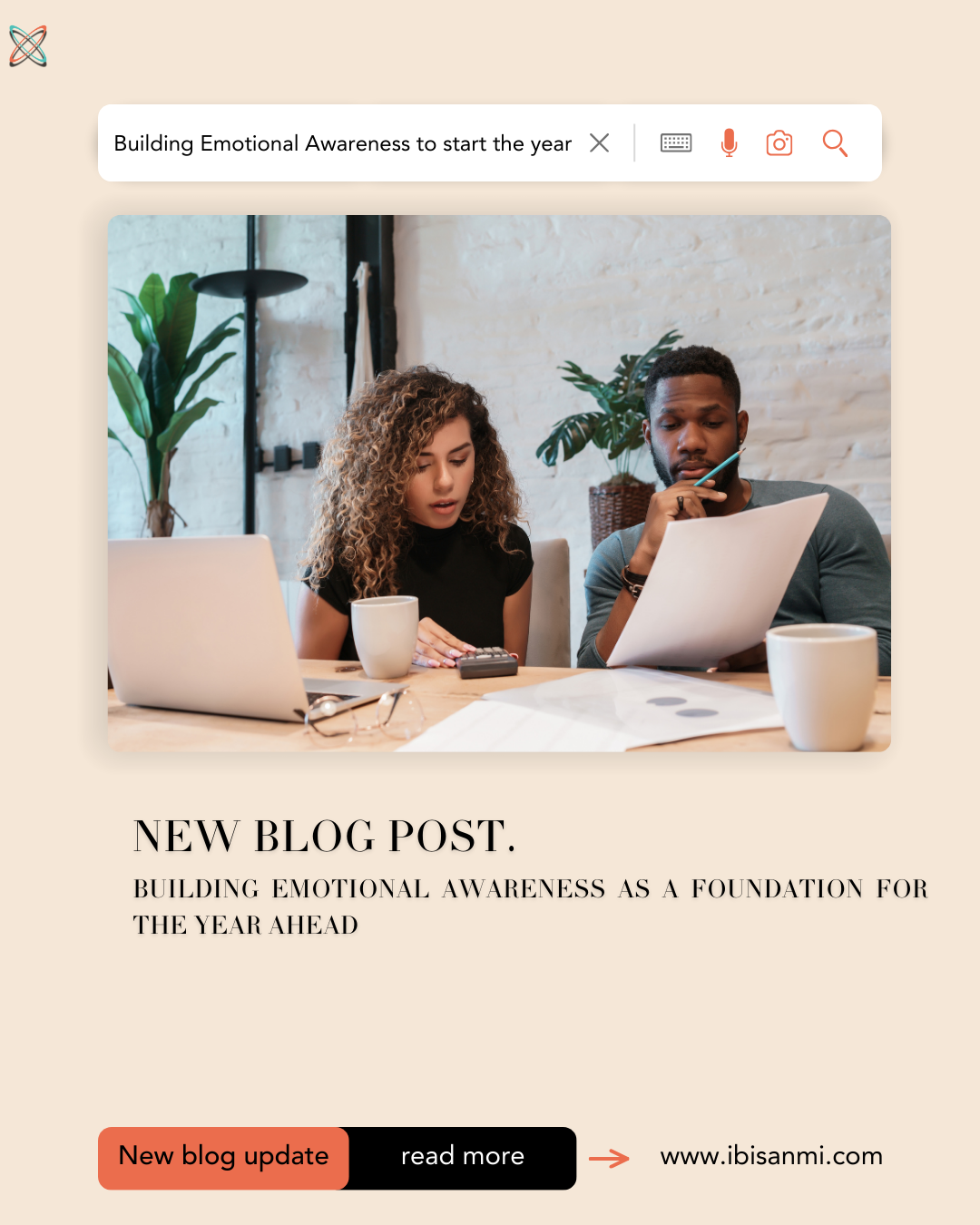Healing the Holiday Trigger: How to Cope When Family Isn’t a Safe Space
By Yolande Clark-Jackson
We’ve all been there: either there’s that one family member who we dread seeing, even if it’s only once a year, or that one story that continues to be retold that triggers frustration, anxiety or anger. Sometimes spending the holidays with the family can feel like being dragged into a play you didn’t ask to be in. When the holidays trigger a flight, fight or freeze response, it may be time to find ways to heal and avoid the spaces that no longer feel safe.
But how do we manage the inner pull to feel connected to family with the need for self-preservation? This balance often comes down to a mix of acceptance, boundaries, and managing expectations of ourselves and others.
Why the Holidays Often Trigger Past Wounds
The holiday season has a unique way of amplifying unresolved family dynamics. Unlike regular family interactions that might be brief or manageable, holiday gatherings often involve extended periods together in close quarters, heightened emotions, and cultural expectations about what these moments “should” look like.
Family dynamics also tend to revert to old patterns during the holidays and we slip into the roles we played growing up (the peacemaker, the scapegoat, the problem or golden child). All of these can resurface the moment we walk through the door. These gatherings can also activate old wounds because they place us back into the context where those wounds first formed. Your brain remembers, and your body responds accordingly.
Additionally, the social media pressure to have picture-perfect holiday moments can create a painful contrast with our reality. Social media feeds filled with seemingly joyful families can intensify feelings of grief, disappointment, or inadequacy when our own experiences don’t measure up. This disconnect between expectation and reality often compounds the stress we’re already feeling.
Acceptance
When we think of acceptance we sometimes think this means accepting bad behavior or giving someone a pass they don’t deserve. But according to the National Institute of Health, acceptance is also about moving away from avoiding uncomfortable or unwanted situations. Sometimes this means accepting the truth of a situation or a person so you can face it.
In the words of James Baldwin, “not everything that is faced can be changed but nothing can be changed if it isn’t faced.”
We can’t change others, but we can change our reactions to others if we learn acceptance without avoidance. This might look like accepting that your parent will never apologize for past hurts, or that your sibling will always make that passive-aggressive comment. When we stop hoping for them to be different and accept who they actually are, we reclaim our power and reduce our emotional reactivity.
Acceptance can also mean understanding that healing from past trauma and past hurts is not a linear process. Some years you may feel strong enough to attend family gatherings; other years, the kindest thing you can do for yourself is to decline the invitation altogether.
Boundaries
There is lots of talk about asking people to “respect our boundaries.” Drawing a line in the sand doesn’t always work and when it doesn’t, the pattern of feeling disrespected or disregarded continues. But making boundaries for ourselves puts the ball in our court.
Here’s how to create boundaries and reduce triggers during the holidays:
Limit how long you will stay and communicate in advance. Before accepting an invitation, decide your departure time and communicate it clearly. “I’ll be there from 2-5pm” is much more empowering than staying until you reach your breaking point. Having an exit strategy gives you a sense of control.
Create physical and emotional space. Book a hotel instead of staying at a family member’s home. Take breaks during gatherings to step outside or sit in your car. Designate certain topics as off-limits and practice phrases like “I’d prefer not to discuss that” or “Let’s talk about something else.”
Bring a support person if possible. Having a trusted friend or partner who understands your triggers can provide emotional grounding and an excuse to leave if needed.
Managing Expectations
Managing expectations means releasing the fantasy of what could be and embracing what is. This holiday season may not be the one where your family suddenly becomes emotionally healthy. But it can be the season where you show up differently. You can do the work to show up more grounded, less reactive, and more accepting of reality.
It also means managing expectations of yourself. You don’t have to be perfectly healed to navigate family dynamics. You don’t have to have all the answers. Progress, not perfection, is the goal.
Relational therapist, Dr. Christiana Ibilola Awosan notes that managing emotional triggers often involves tracing the patterns. “In relational therapy, we’re not just addressing individual symptoms—we’re examining patterns that have often been reinforced over decades in our connections with others,” explains Awosan. “These patterns don’t disappear overnight. Instead, we celebrate the small shifts that indicate deeper change is happening,” she adds.
Moving Forward
The holidays don’t have to be a season of dread. With the right tools and support, you can navigate family gatherings in ways that honor both your need for connection and your commitment to self-preservation. Healing is possible, and you don’t have to do it alone.
If this resonates with you, consider sharing this post with someone who might need it. And if you’re ready to explore deeper healing and develop personalized strategies for managing family dynamics, book a free 15-minute consultation to begin your journey toward healthier relationships and inner peace.





